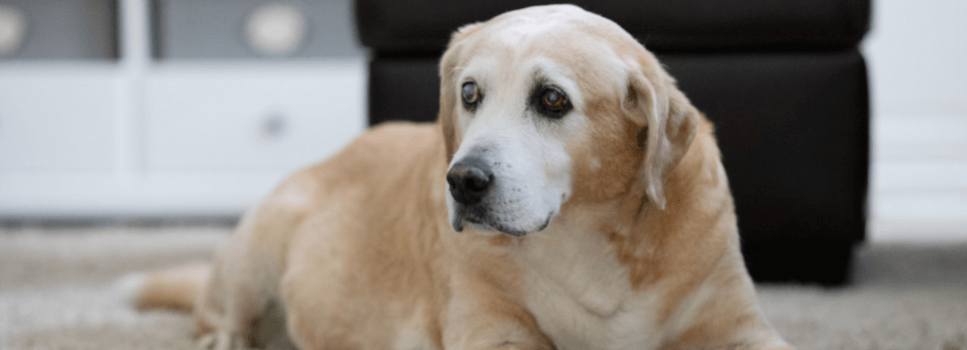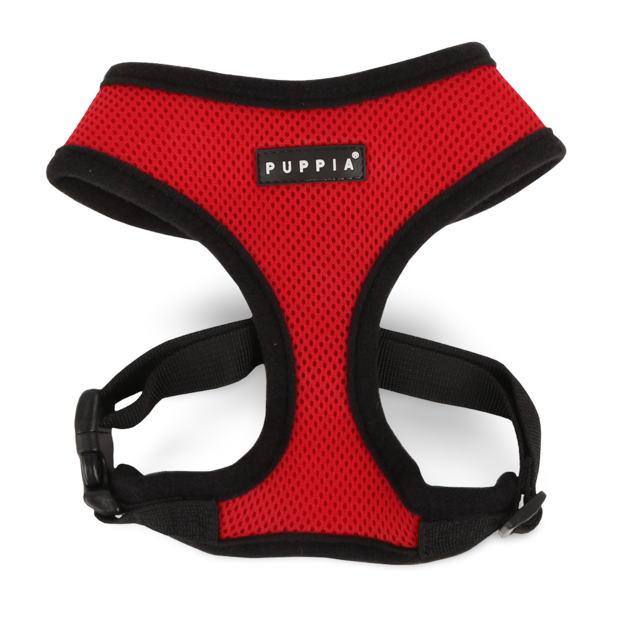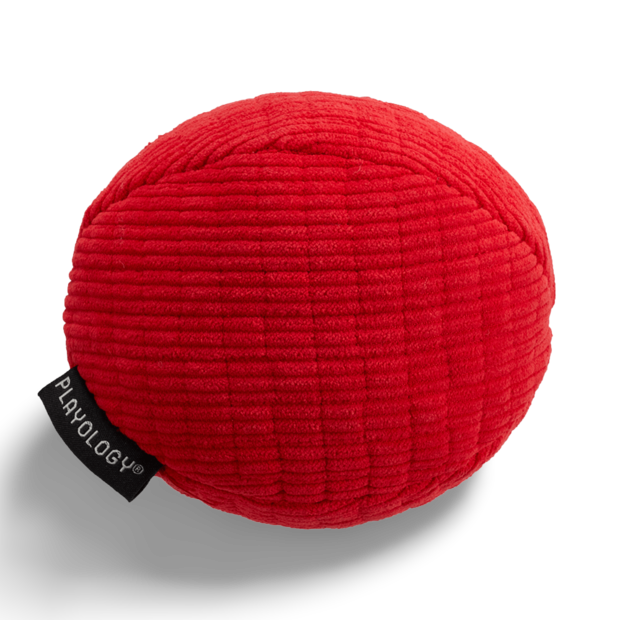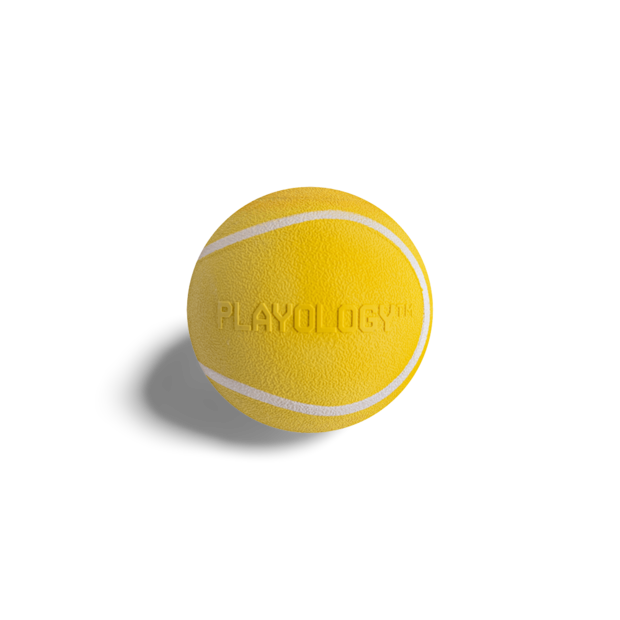Sensory Loss in Dogs
This article is written by Pet Circle's qualified veterinarian,
It can be scary to learn that your best friend is starting to lose their hearing or sight. For many pets this is a common part of the ageing process, the changes may be gradual and they can have time to adapt. For other pets who lose one of their senses due to a health condition, the change can be sudden and they may require more support from you.
The good news is that most dogs are very adaptable and resilient and may surprise you with how well they cope with their new world.
Contents:
What is Sensory Loss in Dogs?
What causes Sensory loss in Dogs?
Management of Sensory Loss in Dogs
1. Environmental Modification
2. Enrichment
3. Anti-anxiety aids and medications
Further reading
What is Sensory Loss in Dogs?

Sensory loss occurs when a dog loses its ability to hear or see. Dogs will commonly only lose one sense although in some cases (particularly in ageing animals) they can lose both the ability to see and hear.
What causes Sensory Loss in dogs?
The most common cause of hearing loss in dogs is age-related degeneration of the nerves and hair cells in the inner ear, just like in people. Unfortunately this type of hearing loss is irreversible.
Other potential causes of hearing loss include blockages in the ear canal (e.g from excessive wax, a foreign body, or a growth). It's always important to have a check up with your vet when you see any changes in your dog's senses, as some causes are treatable.
Vision loss can also have a number of causes such as macular degeneration, glaucoma and cataracts. Glaucoma is a painful condition and if treated early, vision can be saved. Some cataracts are also able to be treated surgically by an eye vet to restore vision. Your vet will be able to guide you on treatment options.
Management of Sensory Loss in Dogs

Environmental Modification
It's important to support our dogs as much as we can when they lose their senses. Dogs will often rely on their other senses much more heavily when one is lost.
Keeping the environment as consistent as possible will make it much easier for your pup to navigate their way around their home, particularly in cases of vision loss. Dogs will very quickly learn where everything is located and if something is left in the wrong place or furniture is moved it can make things harder for them.
It's a good idea to invest in a comfy bed and keep it in one area of the house. This can be a safe spot for your pup to retire to. For help in choosing the right bed for your dog, check out What is the Best Dog Bed?.
Dogs with sensory loss are still able to go for walks, and will often really enjoy having the time to stop and sniff! I would always recommend dogs with hearing or vision loss are kept on the lead and so investing in a comfortable and secure harness can help to give you peace of mind when taking them out. A harness will also help you to guide them in the right direction gently without having to pull on their collar.
Top Recommended Harnesses
Enrichment for Dogs with Sensory Loss

When one sense is lost the others become more heightened. Dogs already rely heavily on their sense of smell and therefore toys which are scented are a great idea.
Feeding your dog with a snuffle mat means they will have to use their sense of smell and sense of touch - this helps to make mealtimes much more enjoyable.
Top Recommended Toys
Anti-anxiety Aids for Dogs with Sensory Loss
Sensory loss can be scary for pets and cause them to feel a little anxious whilst adjusting. There are a number of products available which can help to reduce your dog's anxiety and help make the transition a little smoother.
Top anxiety aids for dogs
Our Vet Squad frequently recommend the following products to aid in reducing anxiety in dogs.
The Adaptil Diffuser and Collar continuously releases dog appeasing pheromone into your dog's environment to help promote feelings of calm and well-being.
Zylkene contains a natural product derived from casein, a protein found in milk. Casein is a molecule known for calming newborns during breastfeeding. This compound helps your pet adjust and cope when faced with age related changes.
These chews are packed full of L-tryptophan, thiamine, ginger and chamomile to help dogs relax in changing situations that may cause them stress.
With a little extra support and TLC most dogs will continue to live very full and happy lives despite losing one of their senses.
Further Reading

5 Ways to Help Your Old Dog Feel Younger
Managing Separation Anxiety in Pets
Life Lengthening Pet Health Tips
Want to know more? Check out our Discover Page for more tips from our Vet Squad on keeping your pets happy and healthy.
































